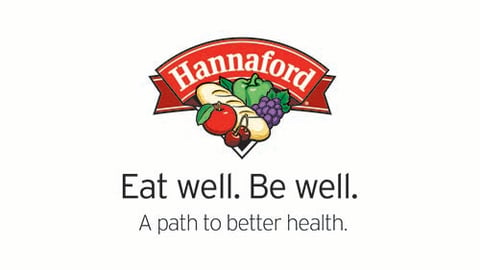Healthy Eating Leads to Fresh Food Growth: Report
Deloitte has released its annual report on the fresh food industry, “Fresh Food as Medicine for the Heartburn of High Prices,” which found that while consumers are concerned about higher food prices, they also continue to pay more for foods that benefit their health and wellness. Deloitte’s report also discusses how food producers and grocers can drive new opportunities.
Based on a survey conducted in July of 2,054 adults, the report offered the following key takeaways:
- Almost half (48%) of consumers found in-store shopping more stress-inducing than last year, up from 40% in 2021. The top cause of shopping stress was worrying about rising food prices (53%).
- With rising inflation, price is the top consideration for consumers buying fresh food (92%).
- Consumers are having trouble focusing on anything else beyond price. Preference for sustainable, locally grown, and non-GMO food were all lower than before the pandemic, down at least 12 percentage points in purchase consideration from 2019.
- Although price overshadows other purchase drivers, health still matters: 84% of consumers said that they consider the health-and-wellness benefits of fresh food.
- More than half (55%) of consumers are still willing to pay more for foods that contribute to their health and wellness.
Given these findings, steady demand for products that foster health and wellness may provide an opening for the grocery industry to influence where and how consumers shop. Putting food to use in preventing and treating specific health needs enables fresh food providers to further connect with consumers while improving the top and bottom lines. The industry can also help households facing health equity challenges exacerbated by inflation, as food insecurity is strongly linked to adverse health outcomes.
Regarding health and wellness, New York-based Deloitte found the following:
- 84% of consumers said that they consider health and wellness when buying fresh food. Another 80% believe fresh food is healthier for them than packaged or processed food marketed as healthy.
- More than half (55%) of consumers are willing to pay more for foods that contribute to their health and wellness.
- Consumers believe the right food can improve health and wellness by boosting mental or physical performance (79%), offering preventive (78%) or therapeutic benefits (76%), or being the best medicine (75%).
- When consumers buy fresh food for its health attributes, half (52%) do it to feel good or for overall energy (45%). Many seek therapeutic benefits, however, such as weight management (43%) or to manage existing medical conditions (32%), while 39% use fresh food to prevent diseases and preserve health.
- Further, three in four actively seek more personalized nutrition, up 13 percentage points from last year.
“Despite inflation and rising food costs, consumers are willing to pay for fresh food that will positively impact their health and wellness,” noted Daniel Edsall, principal at Deloitte Consulting LLP. “Amid increasing competition, fresh food producers and retailers have the opportunity to introduce consumers to healthy choices and use food as medicine. Grocers who can close the information gap between fresh food and its health outcomes can be better positioned to win over consumers — and compete on aspects other than price.”
While consumers are eager to use food as medicine, however, 62% noted conflicting information and confusion about the healthfulness of specific foods. Four in 10 consumers admitted that they don’t really understand which fresh foods can act like medicine, and a little more than half (52%) said that it’s essential to get information about food origins, safety and nutritional properties to use food as medicine confidently. Luckily for grocers, many consumers have a high degree of trust in their preferred food retailers to help them navigate these hurdles:
- More than half of consumers said that they trust their grocer to provide data about the safety, origin and nutritional properties of fresh food items (56%) and correctly use and protect their personal data (54%).
- Almost half of consumers (48%) would share data on their dietary preferences, and four in 10 (42%) would even share some of their medical data, as from an in-store pharmacy.
- Almost half of consumers (48%) would use a digital shopping app or website to receive personalized fresh food shopping recommendations from their preferred grocer.
“Using food as medicine is one of the ways consumers can be empowered to take control of their health,” said Jay Bhatt, executive director of the Deloitte Center for Health Solutions and the Deloitte Health Equity Institute. “However, not every household has equal access to or can afford to pay higher prices for fresh, healthy foods which is a factor that contributes to health inequities and poorer health outcomes. We recognize that grocers and other stakeholders have an important role to play in supporting the health and wellness of their communities by helping to ensure their customers benefit from the connection between healthy foods and good health.”






